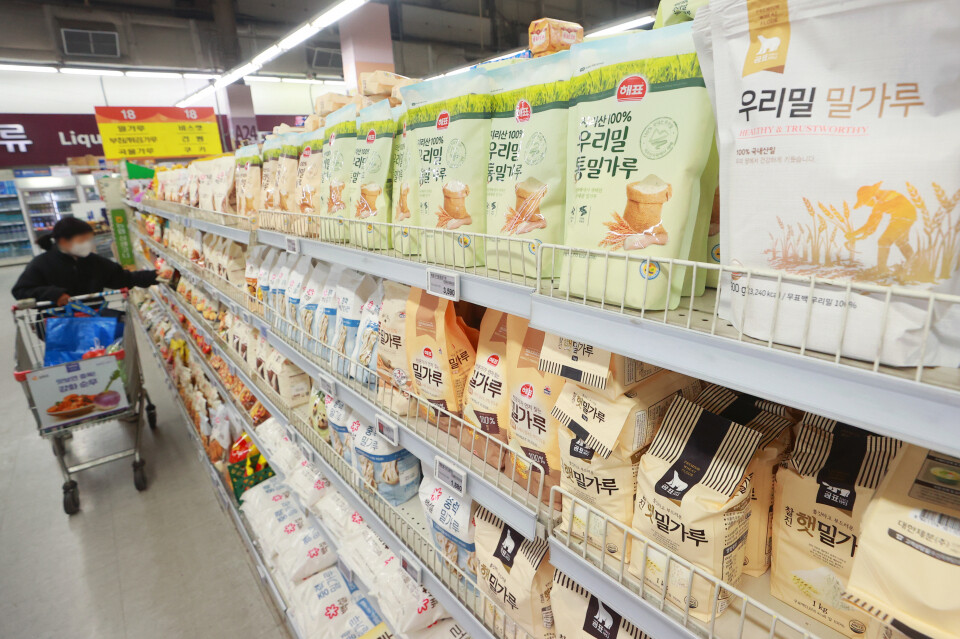
ROME – The global food price index witnessed a modest increase in June, climbing by 0.5% to 128.0 points, as reported by the Food and Agriculture Organization (FAO) of the United Nations on July 5, 2025. This rise follows a decline in May, indicating a renewed upward trend in international food commodity prices. The index, which uses the 2014-2016 average as a baseline of 100, currently stands 5.8% higher than its level in June 2024, though it remains significantly below its peak observed in March 2022.
The increase in the overall index was primarily propelled by substantial upticks in the prices of vegetable oils, meat, and dairy products, which collectively outweighed the continued declines in sugar and cereal prices.
Edible Oils The FAO Vegetable Oil Price Index surged by 2.3% to 155.7 points in June, marking its highest level in several months and standing 18.2% above its June 2024 value. This increase was largely attributed to rising prices of palm, soybean, and rapeseed oils. International palm oil prices notably increased by nearly 5%, underpinned by robust global import demand and enhanced price competitiveness. Soybean oil prices also saw an ascent, influenced by expectations of heightened feedstock demand from the biofuel sector, following supportive policy announcements from Brazil and the United States. Rapeseed oil prices were bolstered by anticipations of persistent tight global supplies in the 2025/26 marketing season. Conversely, global sunflower oil prices experienced a slight decline, a result of improved production forecasts from the Black Sea region.
Meat The FAO Meat Price Index reached a new record high, increasing by 2.1% to 126.0 points. This broad-based surge saw prices for beef, pork, and lamb all trending upwards. Beef prices rose due to reduced exports from Brazil and increased demand from the United States, driving up the cost of Australian beef. Pork prices exhibited strength, primarily driven by robust international demand. Lamb prices climbed as Oceania faced export reductions coupled with a rise in global demand. In contrast, chicken prices decreased, with regional supply volumes increasing in Brazil following export restrictions implemented after an outbreak of highly pathogenic avian influenza (HPAI) in May.
Dairy Products Dairy prices also contributed to the overall index's ascent, with the FAO Dairy Price Index rising by 0.5% to 154.4 points. Butter prices recorded the most significant monthly increase within this category, rising by 2.8% to a new record of 225 points, propelled by supply shortages in Oceania and the European Union and strong import demand from Asia. Cheese prices continued their upward trajectory for the third consecutive month, boosted by increased demand from East Asia. However, prices for skimmed milk powder and whole milk powder experienced declines, a consequence of subdued demand and ample global supplies.
Sugar and Cereals Witness Declines Bucking the upward trend, the FAO Sugar Price Index decreased by 5.2% to 103.7 points, reaching its lowest level since April 2021 and marking its fourth consecutive monthly decline. This downturn was primarily driven by higher-than-anticipated sugar production in Brazil. Improved crop outlooks in key producing countries like India and Thailand further contributed to the international price drop, signaling a growing surplus in the market.
Similarly, the FAO Cereal Price Index fell by 1.5% to 107.4 points, hitting a new low since September 2020. Corn prices saw a sharp decline for the second consecutive month, as increasing seasonal supplies from Argentina and Brazil intensified competition among major export origins. Rice prices, particularly for Indica varieties, also fell due to weaker international demand. The decline in cereal prices was partially offset by a modest increase in wheat prices, influenced by weather-related concerns in Russia, parts of the European Union, and the United States. Despite these recent declines, the FAO anticipates global cereal production in 2025 to reach an all-time high of 2,925 million tonnes, suggesting a relatively comfortable supply outlook for the upcoming season.
[Copyright (c) Global Economic Times. All Rights Reserved.]






























